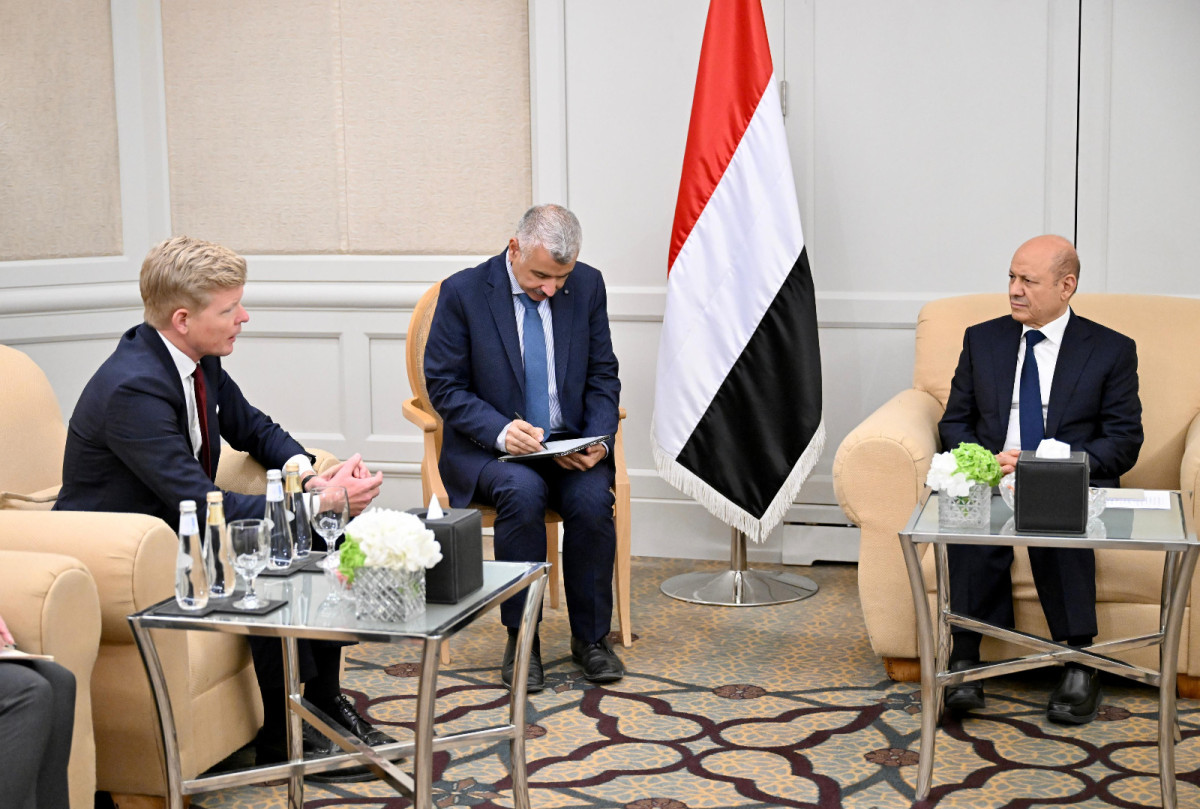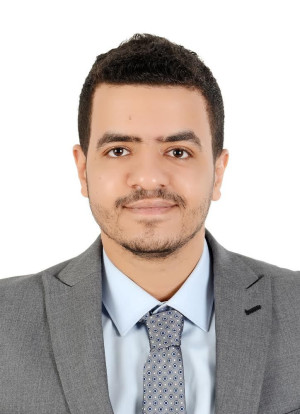The Prospects and Challenges of Yemen's Political Settlement
- 19 Dec 2023


Previous periods have presented significant and promising signs and advancements in achieving a political settlement to the Yemeni crisis. This is particularly evident with the Houthi militia's declaration on December 8, 2023, conveyed by its official spokesperson and head of the negotiating delegation, Mohammed Abdul-Salam. The announcement highlighted progress in approving a roadmap to end the conflict in Yemen and surmount the impediments preventing its settlement.
These statements followed affirmations from certain Yemeni circles that the Kingdom of Saudi Arabia had completed the provisions of the roadmap. Subsequently, they were delivered to the UN envoy to Yemen, Hans Grundberg, for presentation to the Houthi leaders in Sana’a. While these indications instil a measure of optimism concerning the resolution of some lingering issues associated with the political settlement in Yemen, this settlement encounters several ramifications that impede its progress.
In this context, this paper attempts to address pivotal inquiries regarding the nature of ongoing efforts and whether they signify a peace process unfolding in Yemen or if they constitute a political settlement initiative akin to prior ones. Additionally, the paper seeks to illuminate the primary motivations propelling this initiative forward and delve into the principal challenges it encounters.
Intense movement
Previous periods have experienced heightened activity, both domestically within Yemen and in movements associated with regional, national, and international actors engaged in the Yemeni crisis. These actions underscored the resurgence of the Yemeni issue, despite regional and global attention being directed towards the Palestinian War following "Al-Aqsa Flood" operation on October 7, 2023. The most notable recent movements pertaining to the Yemeni issue can be succinctly outlined as follows:
The UN envoy, Mohammed Abdul-Salam, also met with the chief negotiator of the Houthi militia to "explore opportunities for strengthening collaboration among Yemeni stakeholders in addressing urgent economic concerns and attaining a nationwide ceasefire. This includes the resumption of an inclusive political process under the auspices of the United Nations." As outlined in the statement, Grundberg also held meetings with representatives from diverse Yemeni political parties, delving into strategies to progress toward a political settlement that mirrors the aspirations and priorities of all segments of Yemeni society.
In a statement, Grundberg elaborated on his visit to Tehran, saying that “he met with Iranian Foreign Minister Hossein Amir-Abdollahian and various senior Iranian officials.” He also added that “The discussions revolved around the significance of advancing towards an agreement on measures to enhance living conditions in Yemen, ensuring a permanent nationwide ceasefire, and recommencing an inclusive political process under the auspices of the United Nations.”
Rationale for the "Initiative"
The indicators set forth signify an intense movement involving various Yemeni, regional, and international parties committed to addressing the Yemeni crisis. Their collective efforts aim to forge a political initiative that holds the potential to propel a more expansive and inclusive resolution to the ongoing Yemeni crisis. Nevertheless, it is imperative to acknowledge that within this context, the discernible rationale for the current movement and its associated discussions indicates an intent to endorse a "political initiative." This initiative, as it stands, is positioned more as a provisional roadmap rather than a comprehensive settlement plan for the crisis.
Evidently, the present "initiative" has been conveyed to the UN envoy for further refinement at the technical and procedural levels, laying the groundwork for its formal announcement. Within this framework, the key items or rationales for this initiative are encapsulated in the following summary:
In this context, reports have suggested an agreement to establish two governments in Sana’a and Aden during the post-agreement phase, tasked with managing the transitional period until the comprehensive solution phase is realised. Subsequently, plans include the formation of a national unity government. Notably, concerning the "southern issue," there is consensus to defer the framework for its resolution until the "final solution negotiations." Additionally, there is potential for Saudi Arabia to propose changes at the level of the authority aligned with it in Yemen([6]).
In broad terms, some assessments suggest that the initial proposal for the current initiative was first proposed in April 2023, stemming from discussions between Saudi Arabia and the Houthis, mediated by Oman. This initiative outlined a proposed roadmap, dividing the negotiation process into three stages to be executed within two years. The initial six months of which were earmarked for confidence-building measures. These measures included the payment of salaries to employees in Houthi-controlled areas based on 2014 statements of oil and gas resources, removing restrictions on sea, land, and air ports, consolidating the Central Bank, and withdrawing coalition forces from Yemen. Some reports indicate unanimous approval of this proposal by all members of the Presidential Leadership Council.
Motivating Contexts:
The current surge in activity within Yemen has gained impetus due to several motivating factors and determinants. These can be elucidated as follows:
Existing Challenges:
While the paper operates under the premise that the recent intensive discussions surrounding the Yemeni crisis and the potential initiatives stemming from them offer hope for partial resolution of some lingering issues, potentially paving the way for a comprehensive agreement in the future, this trajectory encounters several significant challenges. These challenges include:
In conclusion, the imminent initiative, set to be unveiled through a Saudi-Omani-UN partnership, signifies a significant breakthrough in addressing the prolonged stagnation witnessed in the Yemeni issue over recent months. However, it confronts substantial challenges linked, on the one hand, to the repercussions of regional tensions impacting the Yemeni interior and, on the other hand, to the internal state of division and dual power within Yemen, casting implications on various actors involved.
[1] The UN Special envoy for Yemen concludes meetings in Muscat, Reliefweb, 29 Nov 2023, available at:
https://reliefweb.int/report/yemen/un-special-envoy-yemen-concludes-meetings-muscat-enar
[2] U.S. Special Envoy for Yemen Lenderking’s Travel to the Gulf, U.S Department of State, 13 Nov 2023, available at:
https://www.state.gov/u-s-special-envoy-for-yemen-lenderkings-travel-to-the-gulf-6/
[3] UN SPECIAL ENVOY FOR YEMEN VISITS TEHRAN, OSESGY, 6 NOV 2023, available at:
https://osesgy.unmissions.org/un-special-envoy-yemen-visits-tehran
[4] Saudi Arabia praises ‘positive results’ after Yemen’s Houthi rebels visit kingdom for peace talks, AP News, 20 sep 2023, available at:
https://apnews.com/article/saudi-arabia-yemen-war-peace-talks-d2a9ad9efe1ab0b4f5d51597098f46a2
[5] الحوثيون يعلنون إحراز تقدم نحو إقرار خارطة طريق لوقف الحرب في اليمن، العرب اللندنية، 9 ديسمبر 2023، متاح على:
[6] ملامح اتفاق سعودي حوثي يمنح الأولوية للجانب الاقتصادي، العرب اللندنية، 16 نوفمبر 2023، متاح على:
The stated views express the views of the author and do not necessarily reflect the views of the Center or the work team.
Comments